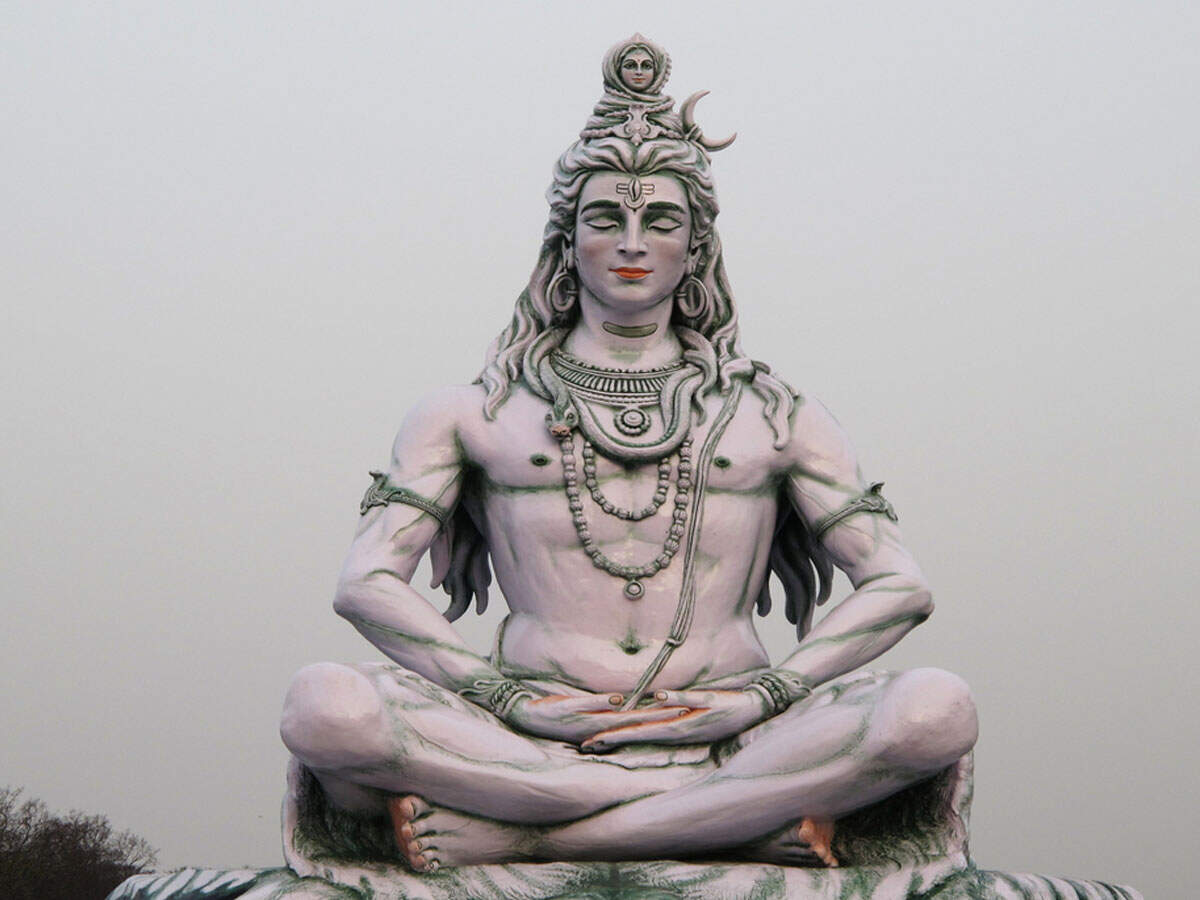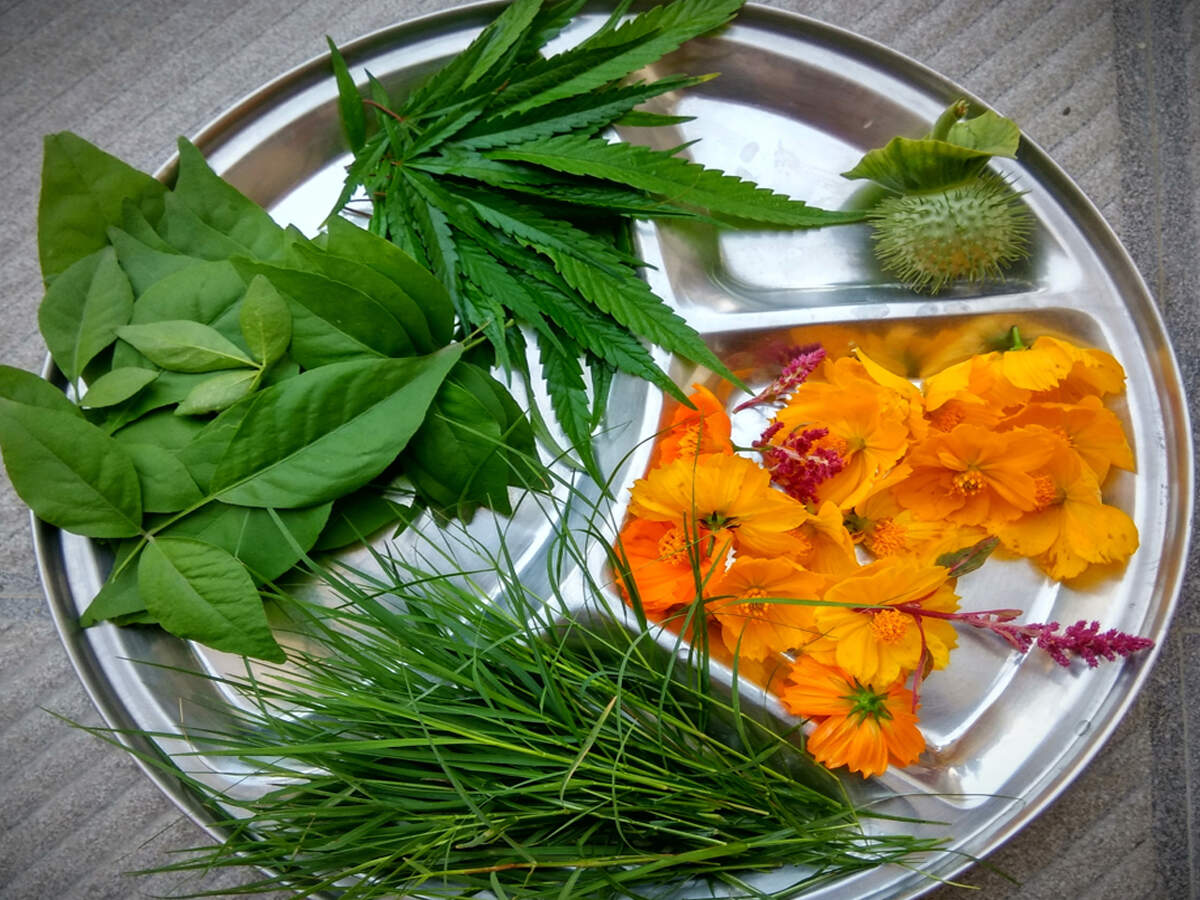If Pregnant Woman Eats Something and Prepares God Prasad Then
The very first showers in the monsoon season mark the beginning of 'Sawan month' which is also known as 'Chaturmas'. During this time, Lord Shiva's devotees leave no stone unturned to impress him. Devotees often keep fasts during the whole month of Shravan to seek blessings from Lord Shiva. The Shravan month holds great importance in the Hindu culture as it starts the festivities that continue until the end of the year. Some of the important festivals celebrated during this holy month are Teej, Krishna Janmashtami, Raksha Bandhan and Naag Panchami.
It fact, it is believed that every day of this month is auspicious as it is the best time to offer prayers to perform religious rituals. This year, the month of Sawan will begin on 25th July and will continue for a month till 22nd August 2021. According to Hindu mythology, observing fasts and holy practices during the month fulfils all desires as the merciful Lord Shiva is believed to be the epitome of kindness.

The entire month of Sawan is holy, but Monday or "Sawan ka Somwar" happens to be of utmost importance, when it comes to observing fasts and following rituals. Shravan somwar vrat holds special relevance as per the mythology.
The austerity of the fast varies from individual to individual and their health. Some people fast by restraining them from eating a normal meal with grains and only eat fruits and milk. Whereas some people eat one meal a day, prepared without salt.
Apart from religious beliefs, fasting helps in detoxifying the body. Especially, during the monsoon season when there is an increase in waterborne and airborne diseases, due to the increase in the breeding of microorganisms in the environment, fasting helps in maintaining the right balance in the body. Hence, it is believed that fasting during this time can detoxify and cleanse your body and soul.
Here's what you can eat during the Sawan somwar vrat
It is one of the most widely observed fast, throughout the country as Lord Shiva is worshipped in most cultures. However, the austerity of fast depends on the person observing the fast. Hence, planning the meals become very essential as the body needs ample strength to carry out the fasts throughout the month. Thus, making a healthy choice during the fast is important as the body is prone to various infections due to the weather conditions. As per the Hindu tradition, sawan is all about observing a satvik lifestyle, which includes abstinence from anything that is tamasik in nature, be it food or beverages.

You can eat fruits, fresh veggies, meals made with sabudana (sago) and sendha namak, milk and milk products like curd, buttermilk during the fast. However, there are a few people who eat just one meal a day. Moreover, it is essential to avoid foods prepared with salt, garlic and onions.
To remain healthy during the fast, you must drink water and stay hydrated. Moreover, it is also important to eat fruits and vegetables, including leafy greens and this helps in easing out digestion. You can also include during your fast are nuts, dates and raisins.
What is eaten during the day?
On a day a person fasts, he/she consumes a 'phalahar', which literally means the consumption of fruits only. The foods that are allowed include milk and its related products like buttermilk, yoghurt, cottage cheese or paneer, homemade butter (without any salt) and ghee. The person who is fasting can also eat certain vegetables like sweet potato, colocasia (Arbi), lauki or bottle gourd, parval, potato, suran and ratalu. One can also consume sago or tapioca (otherwise known as sabudana), rajgeera, arrowroot, foxnuts, singhara and buckwheat. Though, all kinds of spices should be avoided during this time; however, one can have black pepper, coriander, green chilli, rock salt, fresh & dried ginger (sonth), clove, cardamom, and cumin in all forms. The list is not limited to it and the person who observes fasts can also consume lemon, dry fruits and nuts, sugar, rock sugar (mishri), coconut and peanut.
What to avoid?
During the fast, one cannot have any form of grains, rice and lentils, as they are considered 'anna'. Also, certain vegetables like onion, garlic, radish should be avoided as they are known to be heaty or tamasic foods. Spices such as hing or asafoetida, salt of all kinds except rock salt, red chilli, fenugreek (methi), turmeric and any other seeds should be avoided. It might come as a shock to you but jaggery is also avoided when a person observes fast.
For scrumptious recipes, videos and exciting food news, subscribe to our free Daily and Weekly Newsletters.
If Pregnant Woman Eats Something and Prepares God Prasad Then
Source: https://timesofindia.indiatimes.com/life-style/food-news/heres-what-you-should-eat-during-sawan-somvar-vrat/articleshow/70259983.cms